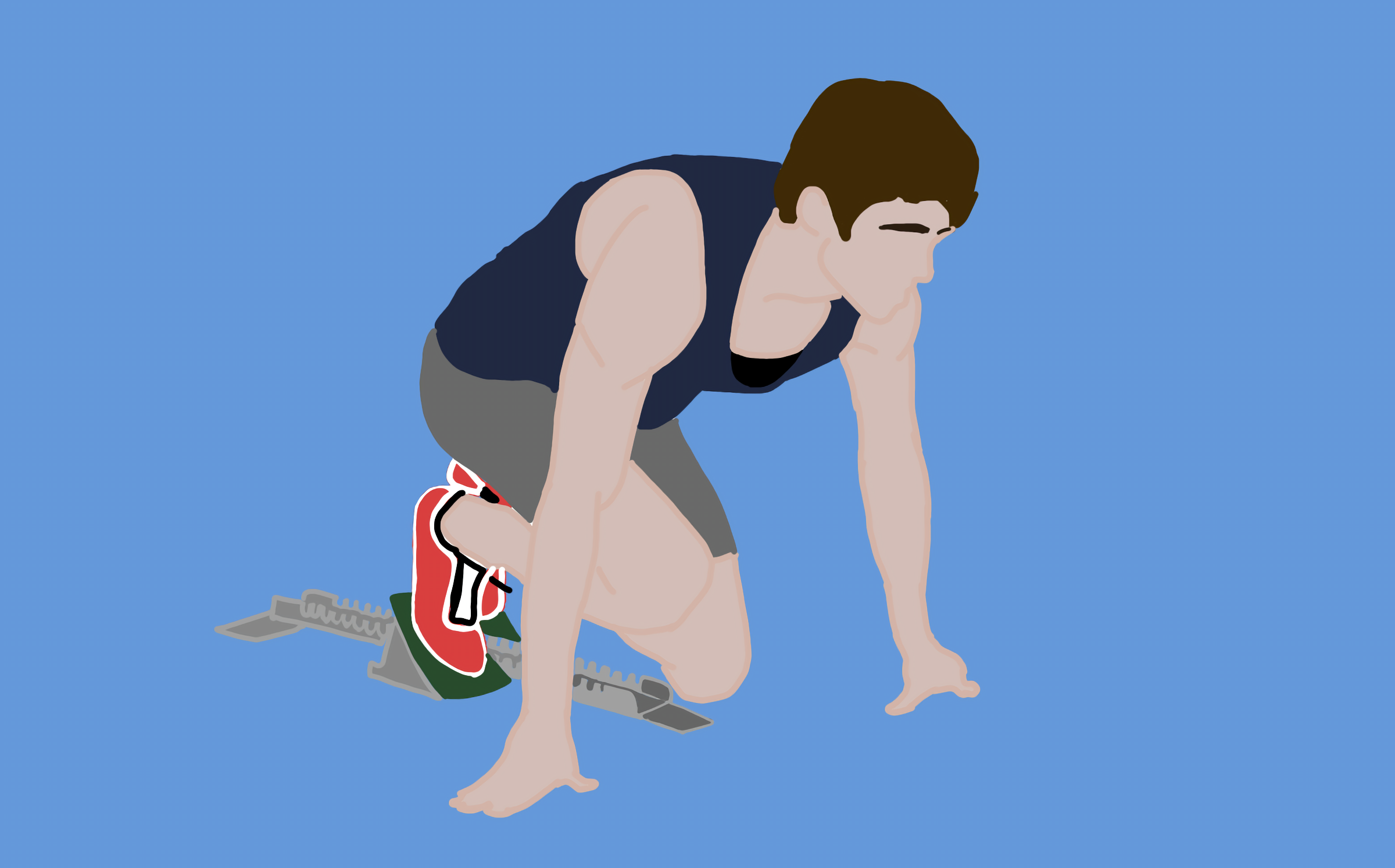
At some point during a negotiation you will have to make concessions.
I know there are hard bargainers out there who claims they don't do that, but I highly doubt they are completely truthful in their statements and I would certainly not advise going into negotiations with that attitude. And that is because the reciprocity principle lives strong within us all.
In short, the reciprocity principle is the expectation of when I give you something you feel a strong need to give something back, to sort of even the score. Anyone who don't play along to these unwritten rules is deemed to be not trustworthy and will quickly be a persona non grata in the negotiation room.
So far so good, but are there any best practices as to how to best make concessions you might wonder. Yes there are, and it is very simple (at least in theory):
Concede on the merits of principle and not pressure. Meaning, as long as your counterpart provides a factual statement proving a certain point, and you agree to it, you can go ahead and make a concession (I'll leave the magnitude of it up to you). But when you are faced with unsubstantiated statements such as: "You know me, this is the right price level to settle on" you should remain firm and not concede anything. This is easier said than done, especially when things start to get a bit heated. But, if you end up giving in to pressure you can be certain that you will be considered a bit of a pushover and your counterpart will come back for more.
Sticking to the merits of principle will, however, in the end create you a reputation of being a fair negotiator that listen to reason but will not tolerate dirty tactics like pressuring techniques.
Latest articles
Start learning today!
Discover our extensive range of courses and trainings designed to help you on your learning journey.





